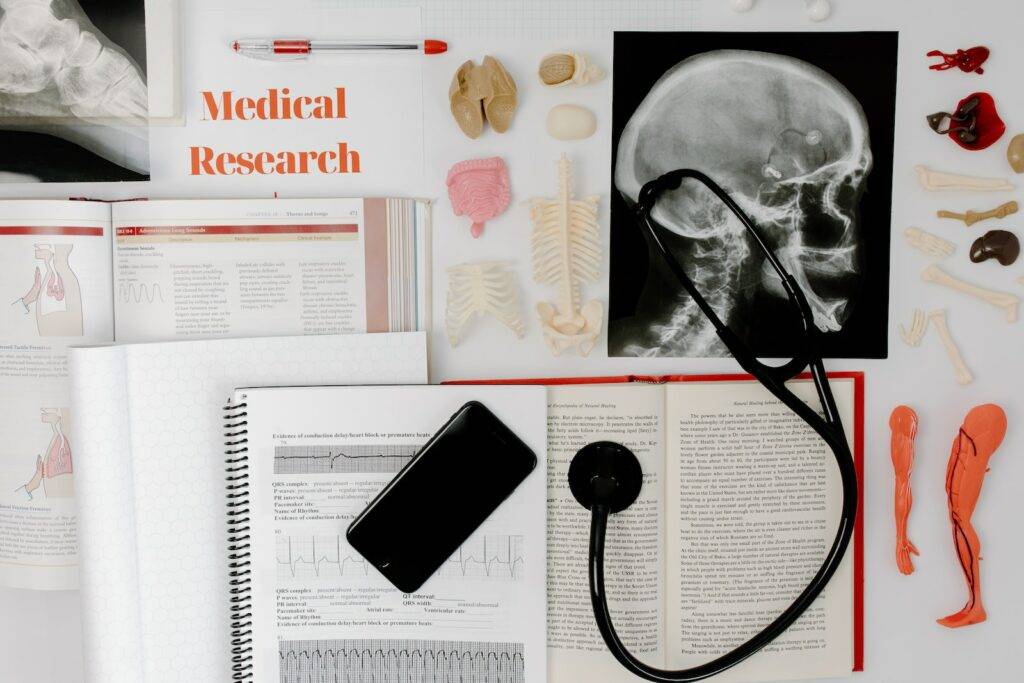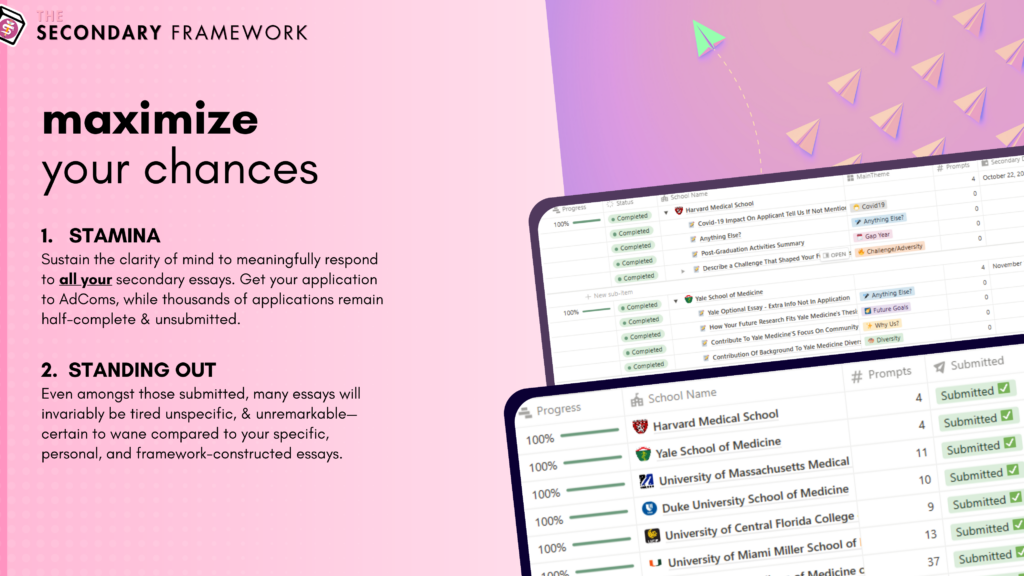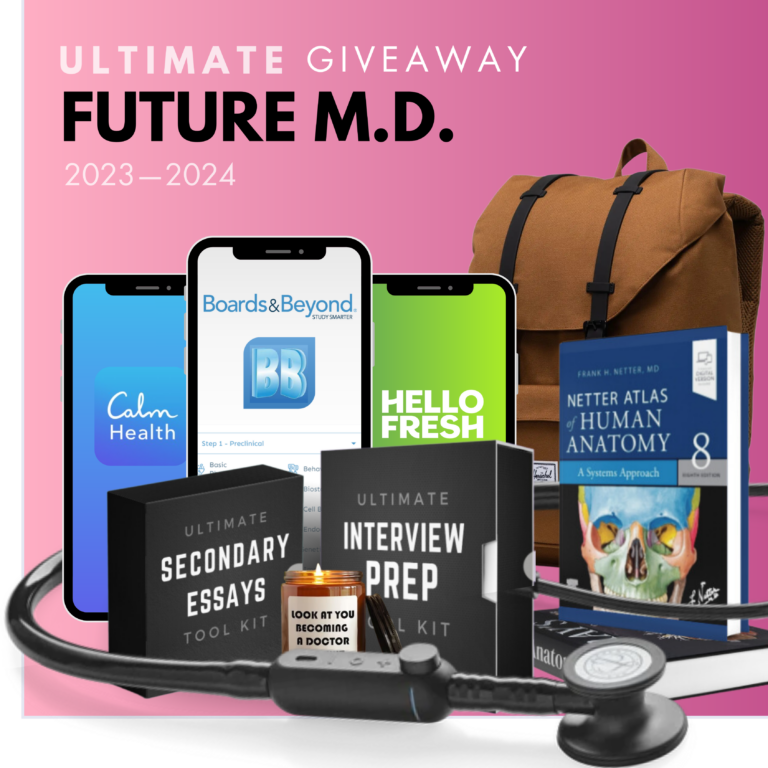Get Real Medical Experience:
Obtaining real medical experience is essential for aspiring medical students. It allows you to gain valuable insights into the medical profession and helps you confirm your career choice. One way to gain medical experience is by shadowing doctors and observing their daily routines and interactions with patients. This firsthand exposure provides a realistic understanding of the challenges and rewards of practicing medicine. Another option is volunteering at hospitals, clinics, or healthcare facilities, where you can assist with various tasks and interact with patients. This experience demonstrates your dedication to the field and showcases your commitment to healthcare. Additionally, becoming a Certified Nursing Assistant (CNA) or an emergency medical technician (EMT) provides hands-on patient care experience, which is highly valued by medical schools. These roles allow you to work directly with patients, perform basic medical procedures, and develop essential skills in healthcare settings. By engaging in these activities, you demonstrate your genuine interest in medicine and enhance your application to medical school.
Dive into Research:
Engaging in research during your undergraduate years is highly regarded by medical schools. It shows your enthusiasm for scientific inquiry, critical thinking skills, and ability to contribute to medical knowledge. Look for research opportunities within your college, such as joining a lab or working with a faculty member on a project. You can also explore summer research programs offered by universities or institutions. These programs provide intensive research experiences, allowing you to work on cutting-edge projects and collaborate with experienced researchers. Participating in research not only strengthens your understanding of scientific methods but also offers the chance to present your findings at conferences or publish in scientific journals. This demonstrates your dedication to advancing medical knowledge and your ability to contribute to the scientific community. By actively participating in research, you distinguish yourself as a candidate who is intellectually curious, driven, and prepared for the rigors of medical school.
Give Back through Volunteering:
Volunteering and engaging in community service activities showcase your commitment to serving others and making a positive impact. While clinical volunteering is valuable, non-clinical volunteering experiences are equally significant. Participating in mentorship programs allows you to guide and support individuals who may benefit from your knowledge and experiences. Volunteering at shelters or organizing charity events demonstrates your compassion and dedication to addressing social issues. Consider joining organizations focused on community outreach, such as those involved in education, poverty alleviation, or environmental sustainability. These activities highlight your altruistic nature, empathy, and ability to work collaboratively towards a common goal. Volunteering not only benefits the community but also helps you develop essential skills such as communication, teamwork, and leadership. Furthermore, the connections you make while volunteering can lead to strong recommendation letters and valuable networking opportunities in the future.
Choose an Academic Path You Excel In:
Choosing an academic major that aligns with your strengths and interests is crucial for academic success and maintaining a competitive GPA. While many pre-medical students opt for a biology major, it’s important to explore other fields that genuinely excite you. For example, majoring in chemistry allows you to delve into the molecular aspects of medicine, while engineering fosters problem-solving skills and innovative thinking. Pursuing non-traditional majors like music or classics can provide a unique perspective and demonstrate your ability to excel in diverse disciplines. The key is to select a major that challenges you intellectually and aligns with your career goals. Remember, medical schools value applicants who excel academically and demonstrate a deep understanding of scientific principles. Alongside your major, ensure that you perform well in the prerequisite science courses required for medical school admission. Seek academic support when needed, such as tutoring or additional resources, to maintain strong academic performance throughout your undergraduate studies.
Apply Broadly and Personalize Applications:
When applying to medical schools, it’s essential to cast a wide net and apply to multiple institutions. Research each school thoroughly to understand their specific requirements, values, and mission statements. This knowledge allows you to tailor your application to each school, highlighting how your experiences, achievements, and personal qualities align with their expectations. Personalizing your application shows that you have taken the time to understand the unique aspects of each institution and emphasizes your genuine interest in attending. Additionally, consider reaching out to admissions committees with specific questions to demonstrate your proactive approach and enthusiasm. Remember that the application process is highly competitive, and receiving rejections is a possibility. By applying broadly, you increase your chances of acceptance and ensure that you have multiple options. Don’t be discouraged by rejections, as they are a normal part of the process. Instead, focus on showcasing your strengths, experiences, and dedication to medicine in each application.







